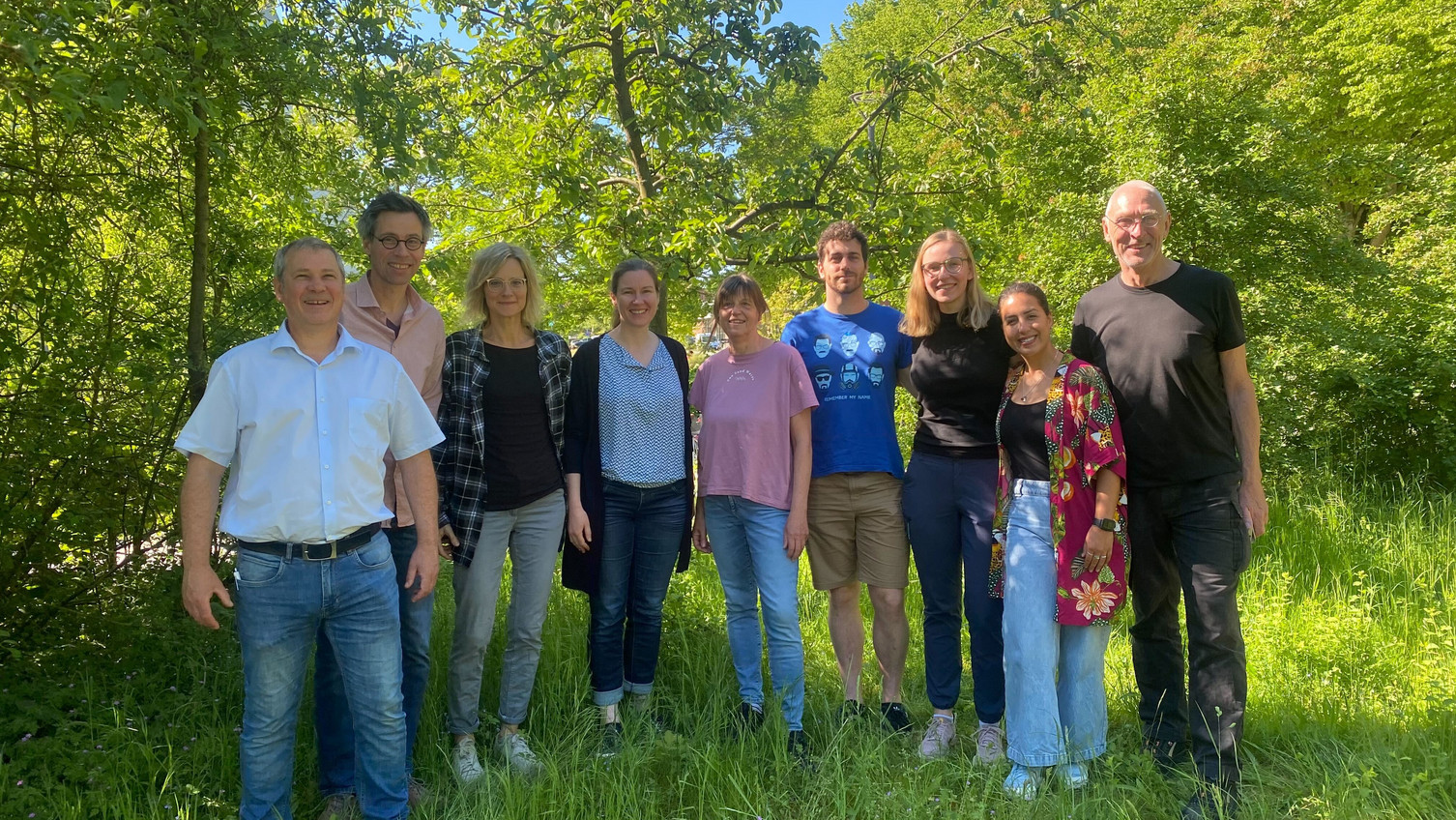Vegetation Ecology and Biodiversity Conservation
NEWS:
Open PhD position in the DIVERSA project. Application deadline: 20.02.2026
Open PhD position in the BETA-FOR project. Application deadline: 25.02.2026
07.01.2026 New paper in Journal of Vegetation Science shows that experimental warming induces trait shifts in alpine plant species, but responses depend on local conditions and growth form; co-authored by Pia Bradler.
07.01.2026 A new publication in Soil Biology and Biochemistry shows that nematode community dissimilarity is higher in structurally heterogeneous forests, indicating a shift toward more specialized communities shaped by site-specific conditions, co-authored by Pia Bradler and Andreas Fichtner
15.12.2025 New paper in Nature Communications shows that, in trees, intraspecific and intraindividual leaf trait variability decrease with tree species richness and are important components of functional diversity in forest stands; authored by Pablo Castro Sánchez-Bermejo and Sylvia Haider
Welcome to the website of the Professorship for Vegetation Ecology and Biodiversity Conservation at Leuphana University of Lüneburg.
As part of the Faculty of Sustainability, our research is deeply rooted in the university's commitment to addressing urgent environmental challenges and fostering sustainable development.
At the heart of our work lies the study of vegetation ecology, a field that explores the intricate interactions between plants, their environment, and the diverse organisms that rely on them. Plant functional traits are a focus of our investigations. By examining the characteristics and behaviours of plants, we gain valuable insights into the functioning of ecosystems and the vital services they provide, such as carbon sequestration, water purification, and habitat creation. By investigating traits like leaf morphology and nutrient acquisition strategies, we gain a better understanding of how plant communities adapt to environmental changes and how this impacts ecosystem dynamics and biodiversity.
Biodiversity conservation is another vital aspect of our research, and we strive to understand the drivers and the consequences of biodiversity loss. Through field studies, experimental approaches, and cutting-edge analytical methods, we investigate the factors influencing species distribution, abundance, and interactions, aiming to guide conservation efforts and promote the preservation of our natural heritage. Many of our research projects focus on using mountains as model systems due to their steep environmental gradients. This allows us to study community composition and biodiversity patterns on a global scale, and to examine how they respond to global change, especially to climate warming, human-induced disturbances, and the introduction of non-native species.
With our teaching activities, we aim to inspire and empower students, fostering their knowledge and critical thinking skills to drive positive change. Our courses provide a comprehensive disciplinary understanding of (vegetation) ecology, biodiversity conservation, and their relevance to sustainable land management, restoration ecology, and the provision of ecosystem services.

